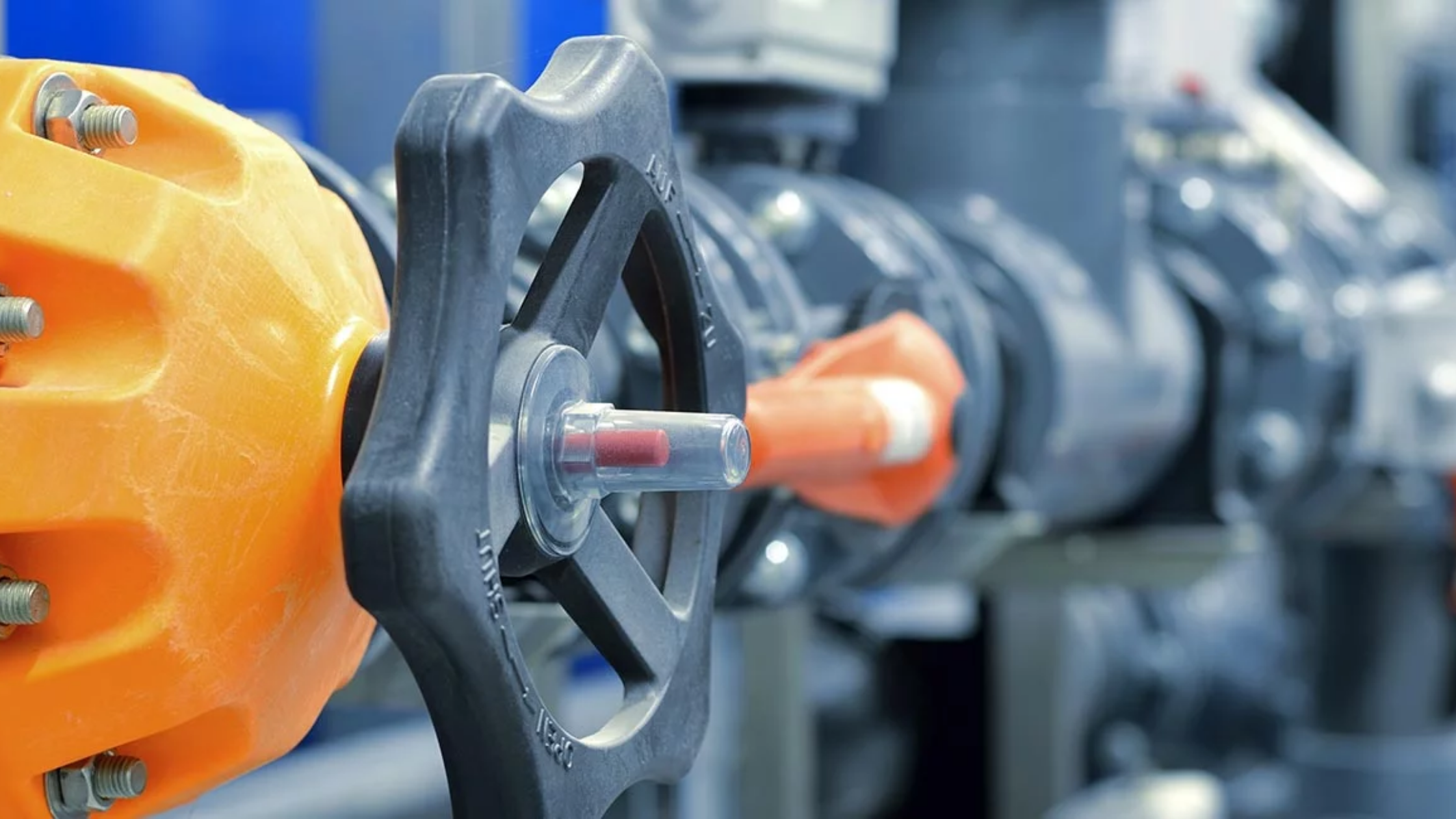Productivity in New Zealand and Australia: Overcoming the slump
Recent data indicates productivity in both New Zealand and Australia is in a slump, while innovation and strategic technology adoption is the quickest way out.
Productivity in both New Zealand and Australia is low, and it looks like the trajectory isn’t likely to improve in the next five years.
This economic measure of income growth seeks to quantify how efficiently resources, such as capital and labour are used to produce output – such as the goods and services we consume every day.
While productivity appears to be impacted by the pandemic in Australia, there are also systemic issues in New Zealand, if recent modelling is anything to go by. Either way, at the end of the day, it’s causing a big headache for organisations in both regions.
Productivity in New Zealand and Australia
- Australia has a long way to go in the race to bolster productivity
- New Zealand highlights innovation as crucial to improving productivity
- Both nations face higher costs of living and stagnating wages
- Adoption of digital tech is seen as a way forward
New Zealand’s productivity ‘by the numbers’
Key points:
- New Zealand’s 2019/20 productivity was weak when compared to the previous decade
- Labour productivity fell by more than 5 percent in electricity, gas, water and waste services and the transport, postal and warehousing sector in 2019-20
- Firms are reassessing production processes
Meanwhile, in New Zealand, innovation and technological change is highlighted as critical to productivity growth.
New Zealand is rated one of the most productive economies at the end of the 19th Century, but has slipped to a below average position. Not adopting technology has been a critical element in this slip.
In fact, a new report shows people are working longer hours and producing less compared with other OECD countries. It reveals that there is a large gap to be closed if New Zealand’s productivity growth is to reach the rates needed to push material living standards back towards the top end of the OECD.
The Productivity Commission’s Productivity by the numbers report outlines the full extent of the issues. The problem with this is that poor productivity results in higher prices for everyday items. The other issue is that lower productivity results in stagnated wage growth, resulting in people working longer hours and having less to show for it.
“New Zealanders are working harder rather than smarter. This makes improving living standards even more difficult,” Productivity Commission chairman Ganesh Nana said.
“Innovation is the key to unlocking New Zealand’s productivity. There are only so many hours in the day that people can work, so creating new technology and adopting new and better ways of working is critical to achieving effective change,” Nana said.
Australia’s underperforming productivity: Mid-range at best
Key points:
- COVID-19 brought Australia’s first recession in 28 years
- GDP fell 0.3 percent and GDP per capita fell 1.7 percent in 2019/20
- The pandemic prompted a sudden rise in unemployment
Australia has seen falling productivity recently, exacerbated by a slow-moving response to new technology adoption. Meanwhile, a new report contrasts Australia’s comparatively high living standards against labour productivity that can only be categorised as mid-range.
Productivity fell for the first time in nearly a decade, with many industries seeing labour productivity increase as hours fell more than their output.
This is likely reflecting that the least experienced workers are usually the first to go.
The latest Productivity Insights research, released in June 2021, reveals most industries experienced a contraction in both their production and employment. It also found that more employees will likely work from home more frequently post‑COVID, with unclear ramifications for productivity.
Productivity Commission chair Michael Brennan says preventing business closures during the pandemic cushioned the downturn and helped smooth recovery.
“As the recovery proceeds, there will inevitably be some reallocation of labour and capital across firms and industries, which is part and parcel of a dynamic recovery,” he said.
Innovation and technology represent a way forward
The good news is that organisational responses to COVID-19 have accelerated the adoption of digital technologies by several years, and forced businesses to create new strategies and practices to survive – and also thrive.
On-demand, decentralised business platforms and integrated business management software can help businesses overcome these challenges.
A report by McKinsey points out that prioritising innovation today is the key to unlocking post-crisis growth.
It shows that while most executives agree that innovation will be critical, 90 percent believe that the COVID-19 crisis will fundamentally change the way they do business over the next five years.
But, more than three-quarters also agreed that the crisis will create significant new opportunities for growth. However, this does vary significantly by industry.
McKinsey makes a strong case for innovation, stating in the report that re-evaluating the innovation initiative portfolio and ensuring resources are allocated appropriately will be crucial for the recovery.
The key is that small, incremental change can make a huge difference.
Utilising technology and improving systems to free up talent within the business to focus on more important jobs, for example.
This approach can also help foster an innovative workplace culture in a hybrid world, and will in turn enable employees to bolster their own productivity.
Endeavour: A local MYOB partner
As an MYOB Platinum Partner, the team at Endeavour have the skills and experience to help your organisation leverage innovative ERP solutions that will boost productivity. We’ve successfully implemented MYOB Greentree and MYOB Advanced for clients across a wide range of industries, and have seen them reap the rewards by becoming leaders in the marketplace.
Talk to us about how we can help you leverage MYOB solutions improve productivity across all your teams.
You May Also Like
These Related Stories

Technology is now a core competitive advantage

Endeavour doubles up on MYOB Platinum status
.png)
